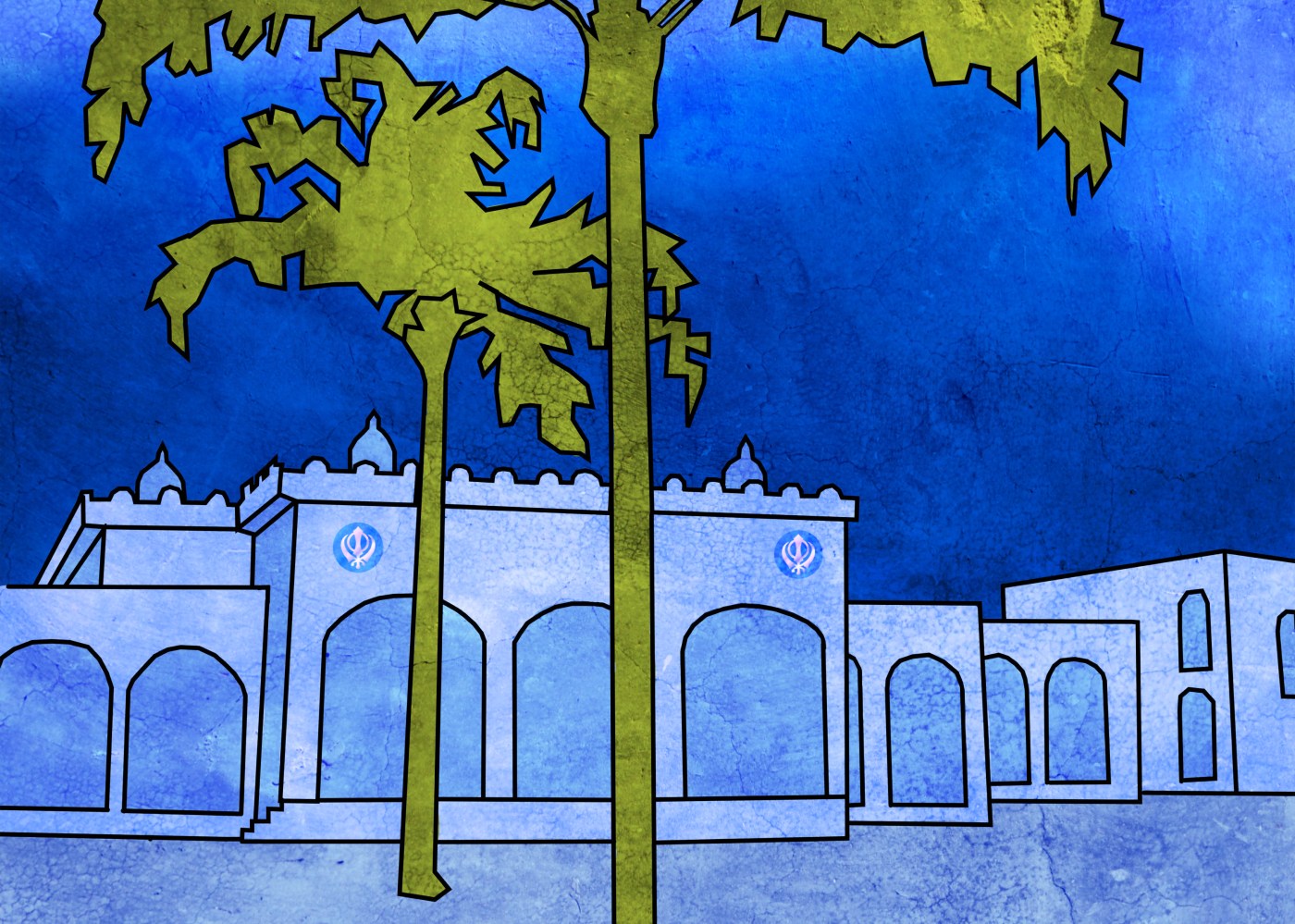
Editor’s Note: This article was written for Mosaic, an independent journalism training program for high school students who report and photograph stories under the guidance of professional journalists.
Sikhs in the Bay Area who seek mental health care sometimes face disapproval from other members of the Sikh community, who may regard mental health problems as fabricated or as a character failing.
Noor Khera of Livermore said she has struggled with mental health issues but was hesitant to get help, out of concern about being perceived as weak.
”I have heard it multiple times: ‘Be strong,’” she said. “One day I started wondering, why am I so weak? My husband said to me, ‘You’re not weak, you’re sick.’ It allowed me to accept what’s wrong with me and to work on that.”
She said her decision to take a doctor’s advice and start antidepressants has made her feel much better.
Dr. Ravinder Randhawa, a Sikh psychiatrist at Kaiser Permanente Fremont Medical Center, said patients she’s seen have mentioned this reluctance “many, many times. They’re scared of (being) judged by family and friends.”
She herself faced judgment when she chose her profession. “My own father, he was extremely disappointed. He questioned the field I was choosing. He would tell people I am a doctor, but what kind of doctor? So I had to take that disappointment in, and it did bother me a bit.”
But ultimately she said, “I was able to educate all my family and encourage them to be more open to seek help.”
This issue is not exclusive to Sikhs, of course. “A lot of Asian communities struggle with emotional expression,” Randhawa said.
Related Articles
High-traffic boulevard raises concerns in three South Bay cities
Santa Clara cafe combines cats, coffee and Korean culture
South Bay schools shape AI policies to catch up to tech-savvy students
More small businesses starting to go cashless
Floral design career began with San Jose man’s coffee shop encounter
Naz Khera of Tracy said her efforts to confide about mental health issues to family and friends were “shut down immediately.” She added that only made the problem worse, with disapproval from others piling onto mental health problems.
“It would get so bad I would crash…but that is also where rebuilding comes in.”
She added that the issue can be especially difficult for women and girls. “We have to appear a certain way, which is not ourselves, in front of any community member that we meet.”
As dated as it may sound, there is still a strong sense among some that health issues are “all in your head,” Randhawa said. “But I can say the same thing about habits and hypertension. You can control these by eating well, running and exercising.” But when it comes to mental health, she added, “for some reason, people just don’t understand.”
Some younger Sikhs note there is a gap found between them and older generations. Many Sikh families in the Bay Area include immigrant parents, who may have come from an environment where mental health was downplayed.
Kamalpreet Kaur is the Sikh Student Association president at Sacramento State. “A lot of men are sent out of Punjab to work and save money,” he said. “They have to end up keeping their struggles buried inside them.”
Potential answers lie within Sikhism itself. “There is a lot of meditation in our religion,” said Arsh Kaur Sidhu, president of a health support group at Sacramento State University, “as well as peacefulness and acceptance.”
Agamjot Aulakh is a member of the class of 2027 at James Logan High School in Union City.